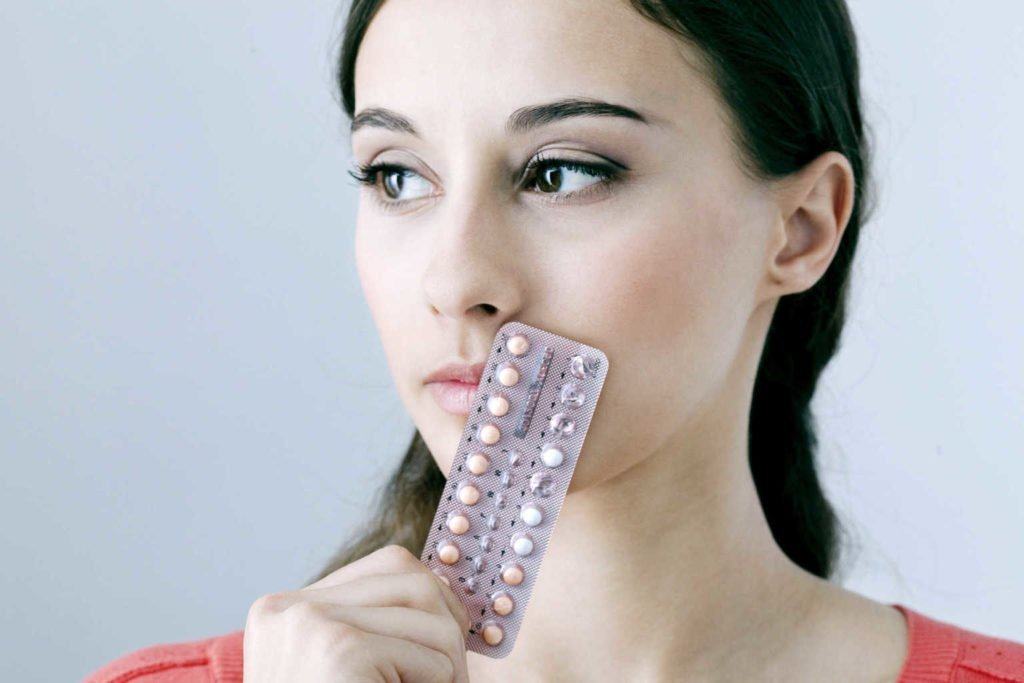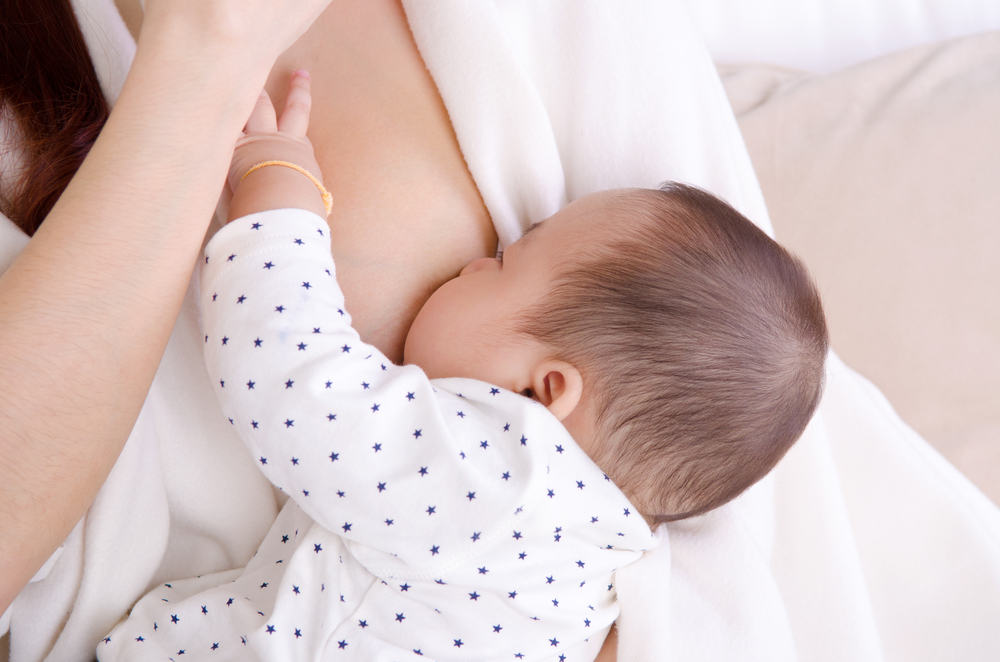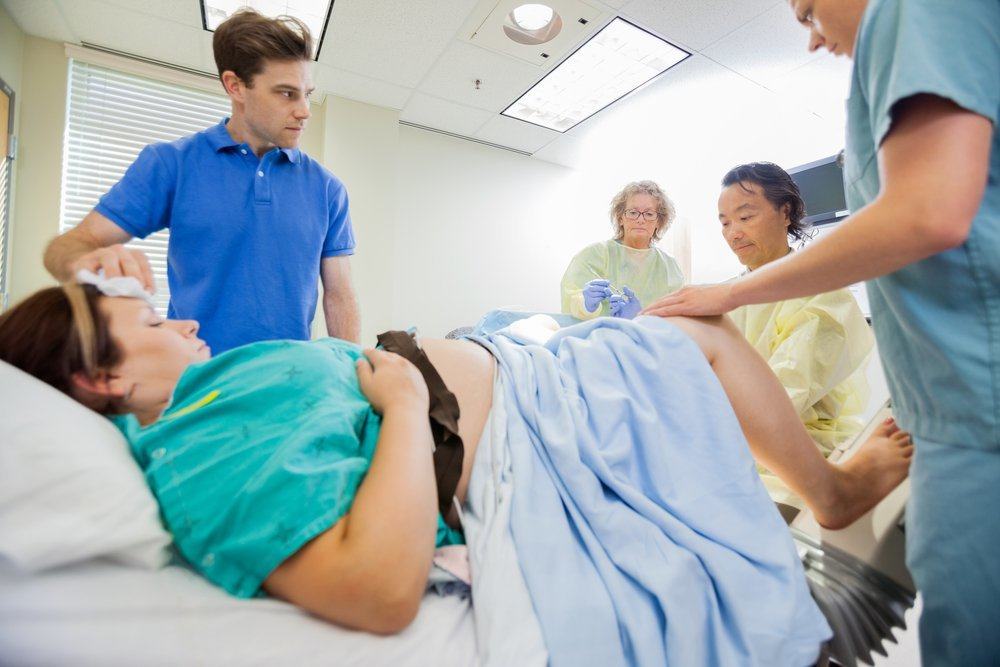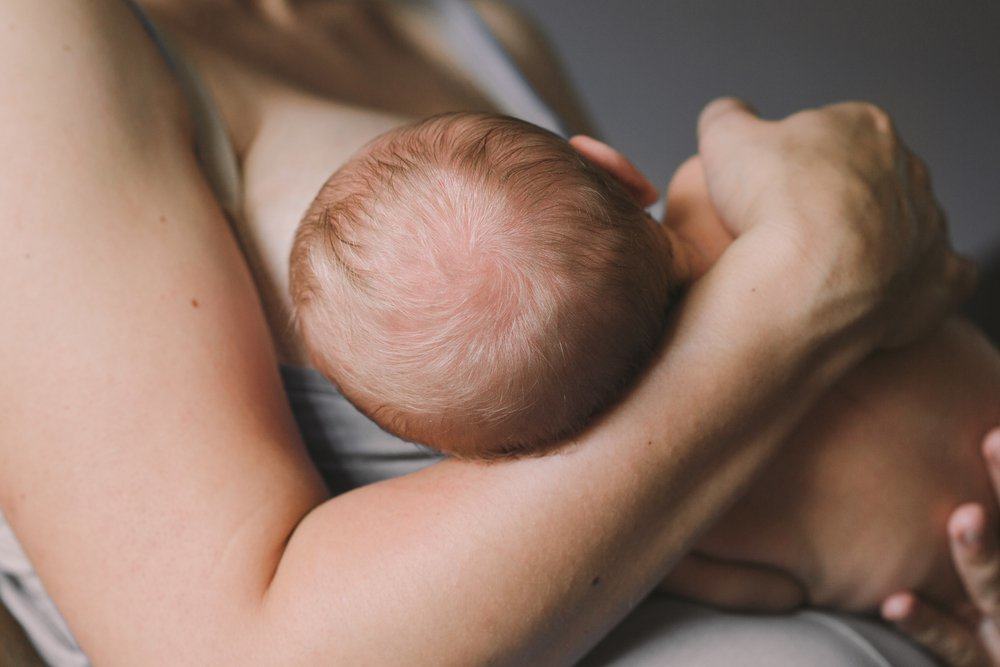Contents:
- Medical Video: Birth Control Pills
- How do birth control pills work to treat acne?
- Treat mild to moderate acne
- Benefits of birth control pills for acne
- Risk of using birth control pills
- People who must avoid birth control pills
Medical Video: Birth Control Pills
Acne, especially cases of severe acne, can cause a crisis of confidence in a number of women. Acne can leave a mark and the healing process that is fairly long enough will be enough to interfere with one's appearance. In fact, not infrequently, appearance and zits are one of the determining factors for someone who can be accepted to work in several fields of work.
It may sound strange, but in fact the birth control pill is indeed one of the therapies for acne that has been recommended by many dermatologists in recent years.
In general, birth control pills that are deliberately prescribed to treat acne are aimed at women who also need contraception. Birth control pills are another alternative if other acne medications don't work to relieve inflamed zits.
How do birth control pills work to treat acne?
There is a clear connection between hormones and acne. Some women experience 'harvest' of acne during PMS due to soaring hormone levels ahead of the menstrual cycle. While in other cases, acne becomes a subscriber in the face, even after menopause.
Acne is triggered by excessive sebum production. Sebum is oil released by the glands in your skin. Sebum, and the remains of dead skin, can clog the pores and stimulate the growth of bacteria that cause acne. Androgen, a hormone that surrounds testosterone, encourages your skin to produce sebum.
The female ovaries and adrenal glands usually release low levels of androgens. The higher the level of androgens lead to increased production of sebum. Taking birth control pills containing estrogen and progesterone will reduce androgen levels in the body. This sends a signal to skin cells to minimize the production of sebum, which in turn reduces the occurrence of acne.
Treat mild to moderate acne
Oral contraceptives or birth control pills have been approved by the US Food and Drug Association (US FDA) to treat mild to moderate acne cases in women who:
- At least 14-15 years old, depending on the brand of product used
- Already menstruating
- Requires contraception
In fact, doctors prescribe birth control pills for various cases of acne, from mild to severe.
In addition, your doctor may prescribe additional contraceptive products to treat acne. For example, Yasmin and Alesse birth control pills have been clinically proven to reduce acne.
If you've already consumed one type of birth control pill that is effective in dealing with your complaints, there's no need to change your brand. But if you use birth control pills for the first time specifically for acne, the best step we can recommend is to use only one of the three medically approved birth control pills to treat acne.
You may be required to take these birth control pills for several months until your face is clear of pimples. When you first start taking birth control pills, pimples will arise and become inflamed. This is a normal body reaction.
Birth control pills only react to one factor that causes acne, which is excess oil. Doctors often prescribe other drugs for the treatment of acne, such as external medicines or antibiotics, to be used together for the final appearance of a clean face free of zits.
If you have inflammation of severe acne and irregular menstrual cycles, fine hairs that grow on the face, or obesity, your doctor may perform special tests for certain medical conditions, such as polycystic ovary syndrome, or other hormonal disorders.
Benefits of birth control pills for acne
A number of clinical trials have shown that taking a combination of birth control pills will have the effect of:
- Improve inflammation of acne
- Acne gradually decreases
- Red irritation due to acne is diminishing
Most women who suffer from severe acne take birth control pills coupled with other acne treatment rituals. For women who also need contraception, birth control pills prescribed at the same time to treat acne can be used, provided the birth control pills are consumed regularly.
Risk of using birth control pills
The birth control pills available on the market today contain lower doses of estrogen and progesterone compared to the old version. This means that the risk of the side effects they contain will also be lower. Still, some birth control pills cause certain higher side effects, including heart attacks, strokes, and deadly blood clots in the legs or lungs.
Other risks, including:
- Hypertension and other cardiovascular problems
- Liver and gallbladder diseases
- Sideaches (migraines)
- Depression and mood changes
People who must avoid birth control pills
The decision to take birth control pills should be discussed first with your doctor, taking into account your medical history. Certain medical conditions can be aggravated by the reaction of birth control pills in the body. You will not be prescribed birth control pills if you have one of the conditions below:
- History of heart disease, hypertension, blood clots in the legs and lungs
- Blood clotting diseases, such as Leiden deficiency factor V
- History of cancer, especially the breast, uterus or liver
- Liver disease, diabetes, or migraines
You are also not allowed to take birth control pills, if:
- You are a smoker and are over 35 years old
- You are in pregnancy or breastfeeding
- You are classified as obese or have limited physical mobility












